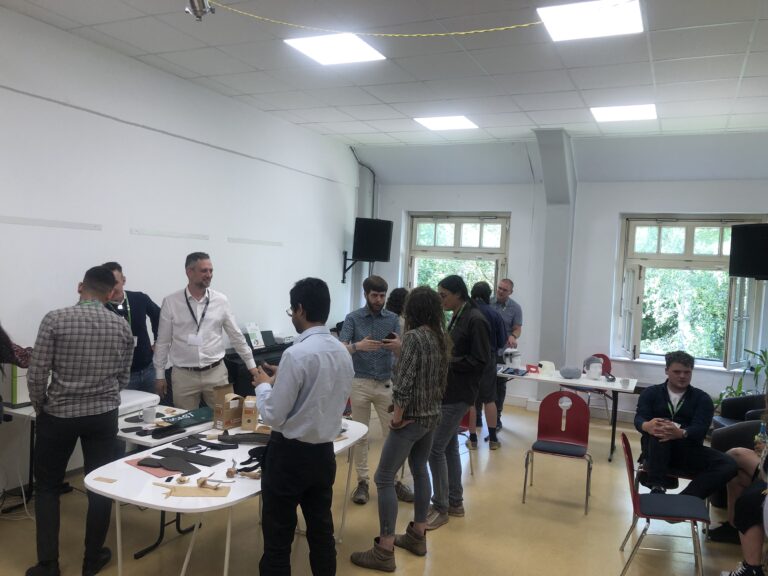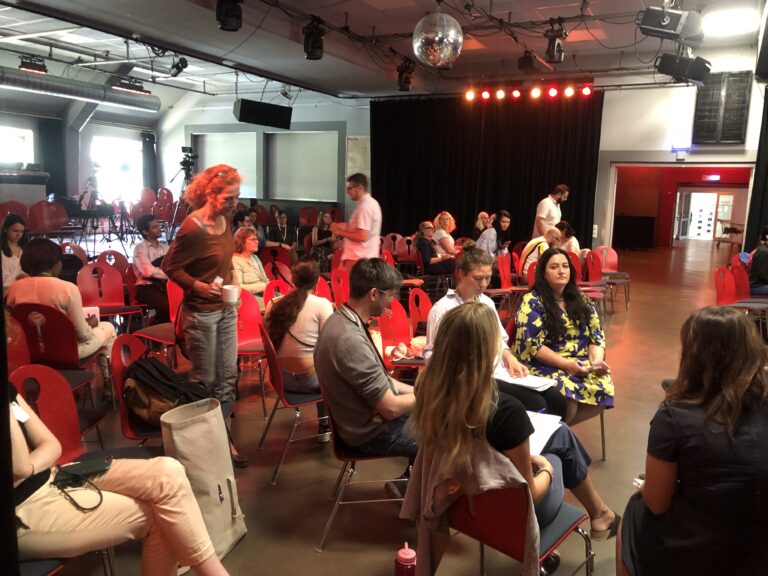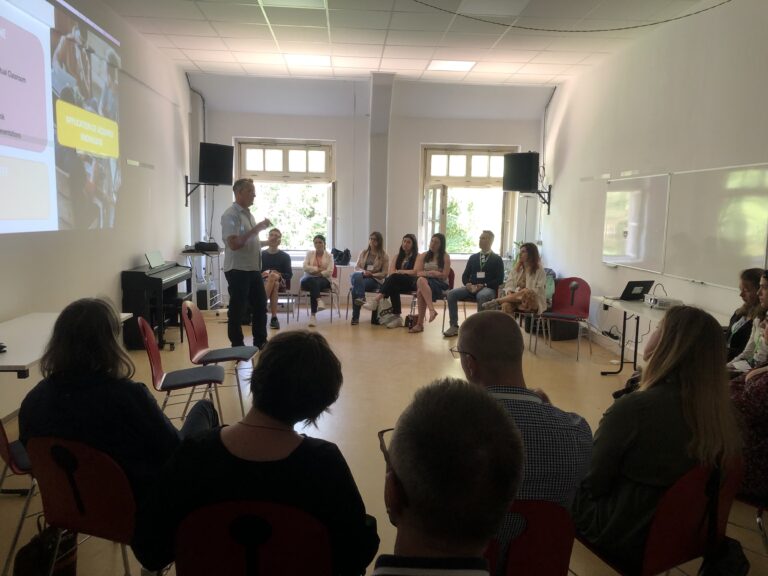
The DISC Project
Pioneering Sustainable Development in European Universities
In the pursuit of fostering sustainable development (SD) within communities, the DISC Project (Developing Innopreneurship, Sustainability, and Culture) emerges as a groundbreaking initiative rooted in the collaborative efforts of higher education institutions (HEIs). Drawing inspiration from the vision outlined by Mochizuki et al. (2008) and Ryan et al. (2010), DISC is poised to transcend the traditional boundaries of university walls, positioning itself as a catalyst for positive change within the regions these institutions operate.
HEIs as Engines of Societal Development
Higher education institutions aspire to be engines of societal development, contributing to the social, economic, and cultural fabric of their regions (Compagnucci et al., 2020). However, despite this ambition, comprehensive approaches to sustainable development within the realms of learning and research remain largely elusive. DISC seeks to fill this gap by adopting a holistic learning and research approach that encompasses diverse educational and business sectors.
AURORA Alliance and DISC's Foundation
The University of Duisburg-Essen (UDE), the lead partner of DISC, is a foundation partner of the Aurora European Universities Alliance (Aurora Alliance). Since 2016, the alliance has been dedicated to aligning research excellence with societal impact and engagement, particularly in the realm of sustainability. The DISC project leverages the theoretical framework, resources, and instruments on sustainable development developed within the AURORA Alliance, including a vast online library on SD research literature.
Key Initiatives and Collaborations
The DISC project is set to integrate and adapt successful products from forerunner projects, such as the ECON project’s research on competences for sustainable development. Collaborations with the T4SD project will introduce the SDG Explorer app, a valuable resource for incorporating sustainable development in the workplace. Additionally, the utilization of the LEVEL5 approaches for Competence Oriented Learning and Validation (COL&V) from previous projects will play a crucial role in DISC’s innovative approach.
A Collaborative Endeavor:
DISC represents a collaborative endeavor involving four HEIs specializing in Education, Tourism, and Economics, along with two providers of Business and Civic Education. This diverse partnership underscores the project’s commitment to creating a transformative and applicable approach to integrate sustainable development within European universities and beyond.
Conclusion:
As the DISC Project takes shape, it stands as a beacon of hope for the realization of sustainable development goals within the realms of higher education. By drawing on the wealth of knowledge and collaborative efforts of its partners, DISC is poised to contribute significantly to the evolution of European universities into hubs of sustainable innovation and societal impact. Through its commitment to linking research excellence with tangible outcomes, DISC is set to pave the way for a future where universities play a pivotal role in shaping a more sustainable and resilient world.



